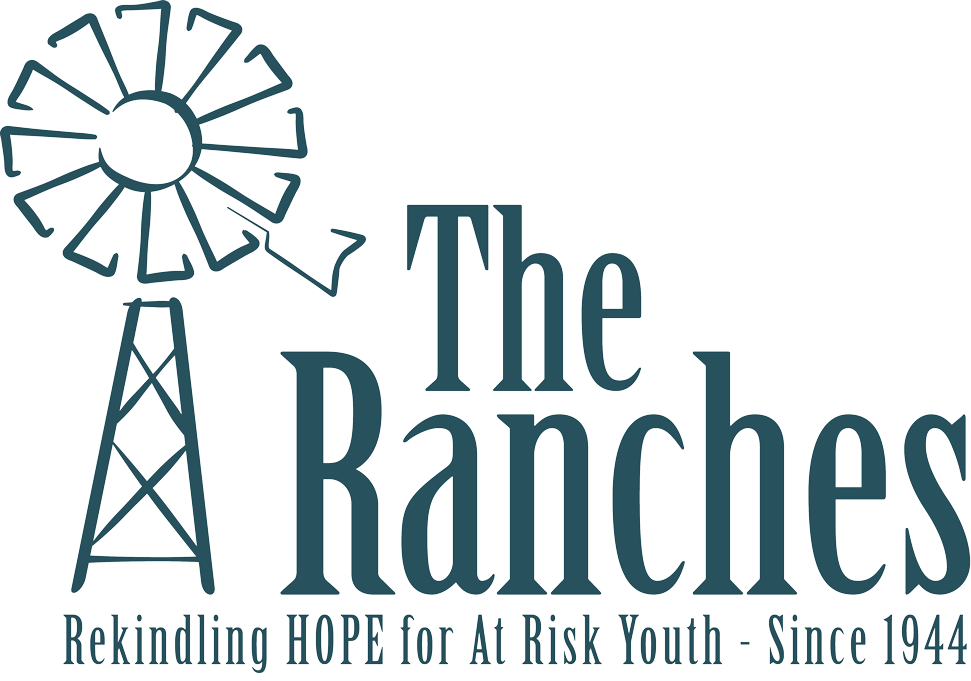I was raised with an understanding that, if you borrowed something, you should always return it in better condition than when you borrowed it.
This has led to more than one late evening run to the hardware store to purchase a replacement tool because I had damaged the one I borrowed. It also has led to car washes, gas stations and quick oil changes when borrowing a vehicle. But what if you borrow something more valuable? What if you borrow something priceless?
In many ways, we borrow, for a short time, the children that we serve from their families. We ask families to trust us to take their child for a short time and return them in better condition. Initially, we work to address their emotional health by building a relationship with them. This requires us to work to build trust by spending time listening, supporting, challenging and caring. In many cases, this initial phase of our program that focuses on creating affiliation defines whether or not we can be successful in helping a child. If we can build some trust, we can usually make progress in other areas.
The most visible way we work to invest in children is to address their education.
Providing small classes with the ability to allow students to make up credits that they have lost are hallmarks of our system, but children are rarely successful without having supportive relationships that push them forward. As a result, education is often indicative of the trust level a child has with us. The healthier our relationship and the more trust we have with a child, the more they excel in school. The more they excel at school, the more self-esteem they start to display and that tends to permeate every area of their young lives.
Once children have a support system that they can trust and start to feel good about themselves and their skill set, we can begin to help them get to the point that they stop believing that their past will dictate their future. Counselors work tirelessly to address the feelings of guilt, shame, hopelessness and fear which so many children face today. It is not an easy process, but it is an extremely valuable one.
Then and only then, can we begin to teach them to believe in something bigger than themselves. Faith in themselves, faith in us and faith in God are only possible when the long process of rekindling hope has started to take hold in a young person. It is this faith that will carry them forward as they set out on building their future and it is part of our commitment to return them to their families in better condition than when we borrowed them.

